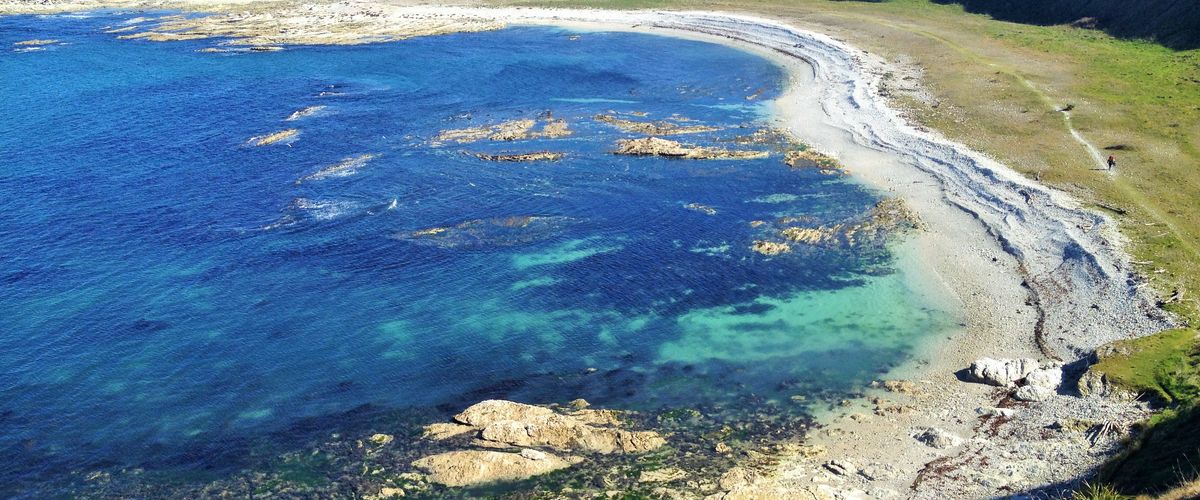We seek to understand our changing Earth and its relationships with humankind and to develop strategies for a sustainable future.
Our central, overarching theme in Earth & Environment is climate science: the defining and unifying earth and environmental science issue of the 21st century. Our research investigates the coupled physical, social, and political dimensions of change change.
We create climate reconstructions from marine and terrestrial archives; we predict regional climate variability from the analysis of historical data and modeling; we uncover climate change impacts on nutrient cycling, plant communities, and urban ecosystems; we project consequences of climate change mitigation and adaptation on energy markets; we assess climate change risks for agriculture and regional food security. We research these, and so much more.
Students in Earth & Environment have the ability to pursue research and coursework in carbon and nutrient cycling; surface processes; hydrology; active tectonics and crustal evolution; sustainable food, water, and energy; land use/land cover change; environmental analysis and policy; climate dynamics; paleoclimate and earth history; and coastal, marine, and ecosystem response to climate change.
Earth & Environment faculty participate in interdepartmental programs focused on global development policy, biogeoscience, and urban biogeoscience and environmental health.
The undergraduate program includes courses spanning the breadth of interests in the Department. Students can major in Earth & Environmental Sciences, Environmental Analysis & Policy, Archaeological & Environmental Sciences, and Marine Science. Our MS degrees (Energy & Environment and Remote Sensing & Geospatial Sciences), MA program (Earth & Environment), and the Ph.D. in Earth & Environment are also available and highly competitive.
In all programs, we emphasize the integration of teaching and research, not only in classes but also by encouraging undergraduates to participate in research, including field work.



